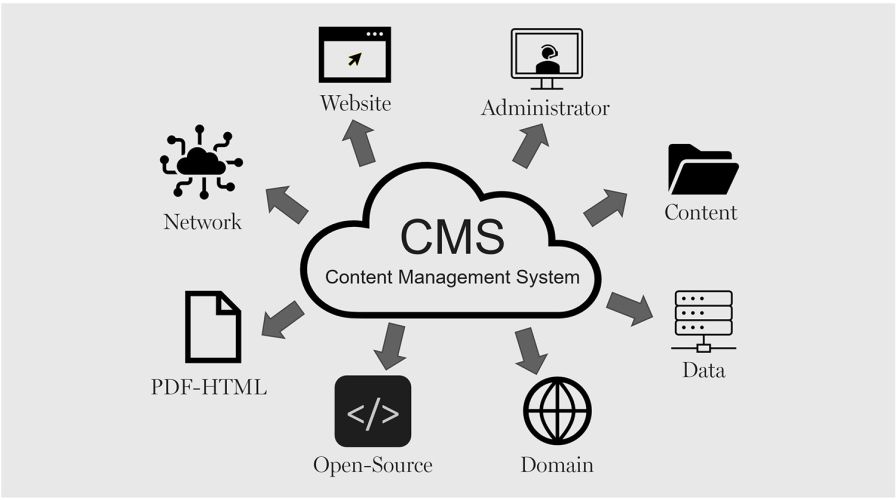In today’s data-driven world, creating high-quality content is no small feat. But fear not, content creators! Content analysis tools are here to be your secret weapon.
These tools are essentially software applications designed to help you analyze and optimize your content. They leverage data to provide insights that would be time-consuming or even impossible to gather manually.
But what exactly can they do for you? Buckle up, because content analysis tools offer a variety of benefits:
- Boost SEO: Identify what search terms your target audience is using and ensure your content covers them effectively.
- Enhance Readability: Analyze factors like sentence length and vocabulary to ensure your content is clear and engaging for your readers.
- Improve Content Structure: Get suggestions for optimizing your content structure for better flow and user experience.
- Identify Content Gaps: Discover what topics your competitors are covering but you’re not, helping you stay ahead of the curve.
- Maintain Brand Consistency: Ensure your content adheres to your brand voice and messaging.
In short, content analysis tools can be a game-changer for anyone who wants to create content that resonates with their audience and achieves their goals.
So, the next time you sit down to write a blog post, craft a social media caption, or develop any other type of content, consider leveraging the power of content analysis tools. They’re a valuable asset in your content creation arsenal.
In today’s digital landscape, creating high-quality content is crucial for attracting and engaging your target audience. But simply publishing informative pieces isn’t enough. To truly stand out, you need to ensure your content is optimized for search engines and resonates with your readers.
This is where content analysis tools come in. These powerful resources can help you analyze your content, identify areas for improvement, and ultimately boost your website’s traffic and conversions.
What are Content Analysis Tools?
Content analysis tools are software applications that provide insights into your content’s effectiveness. They can evaluate various aspects, including readability, SEO optimization, grammar, and target audience relevance.
Free Content Analysis Tools
Let’s explore some of the top free content analysis tools you can leverage:
Hemingway App: This user-friendly tool highlights complex sentences and suggests simpler alternatives, promoting clear and concise writing.


Grammarly: A well-known name in the editing game, Grammarly goes beyond basic grammar checks. It identifies plagiarism, offers stylistic suggestions, and ensures your content adheres to your brand’s voice.
ChatGPT: While not solely a content analysis tool, ChatGPT can be a valuable asset in your content creation process. Use it to brainstorm ideas, generate outlines, and simplify complex topics. Remember, it shouldn’t replace your own writing, but rather serve as a helpful supplement.
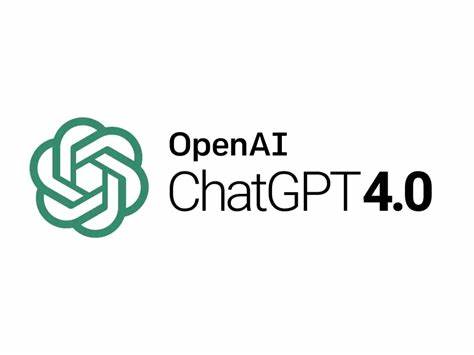
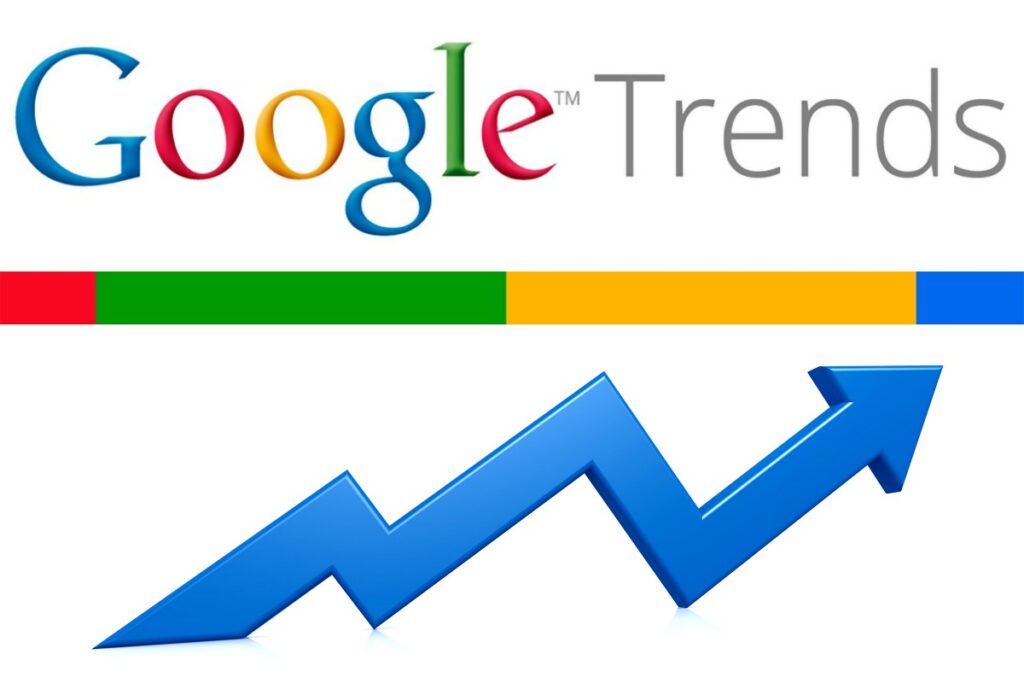
Google Trends: Stay ahead of the curve by using Google Trends to uncover trending topics and search queries. This allows you to tailor your content to what your audience is actively looking for.
Google Search Console: This free tool by Google provides valuable insights into your website’s organic search performance. Use it to identify keywords you rank for, analyze user queries that lead to your pages, and track your average ranking position.
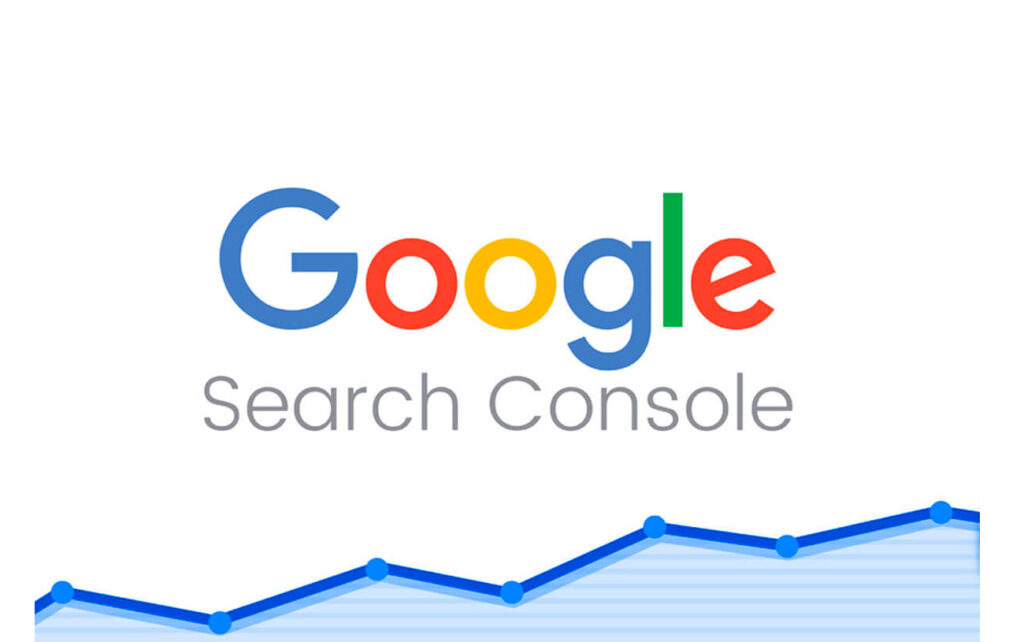
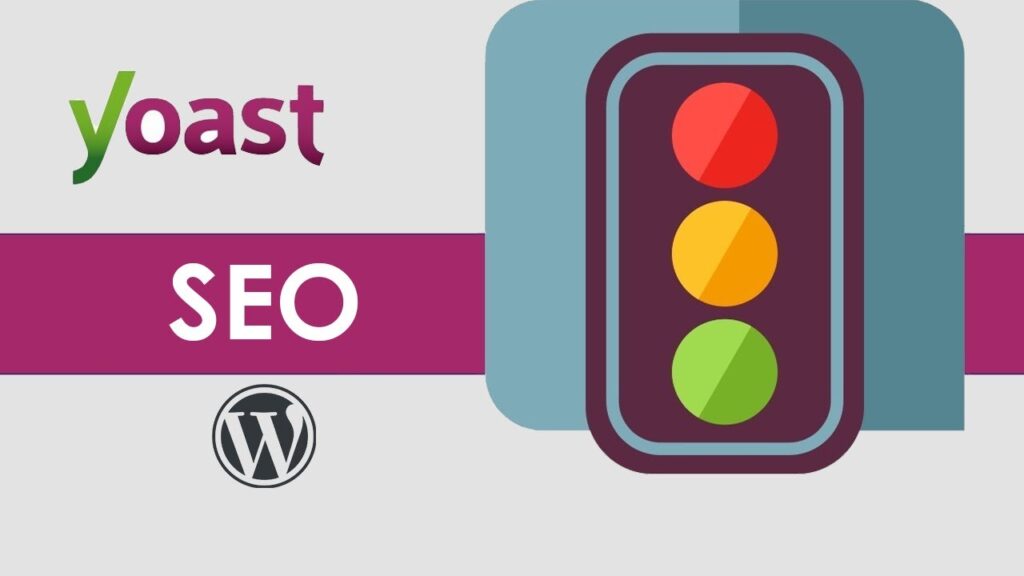
Yoast SEO Plugin: A popular choice for WordPress users, Yoast SEO simplifies on-page optimization. It helps you craft compelling titles and meta descriptions, ensures your sitemap is up-to-date, and identifies technical SEO issues.
Toast UI: This open-source library offers a comprehensive suite of tools for web developers and content creators. It streamlines data and content tracking, simplifies project management, and provides resources for various development tasks.

Paid Content Analysis Tools
For even more advanced features and functionalities, consider investing in a paid content analysis tool:

ProWritingAid: Similar to Grammarly, ProWritingAid offers in-depth grammar and style checks. It delves deeper, analyzing overused words and awkward phrasing to elevate your writing’s overall quality.
Frase: If you’re laser-focused on SEO, Frase is a powerful tool. It assists with content research, outlines creation, and on-page optimization, ensuring your content is well-structured and targets relevant keywords.
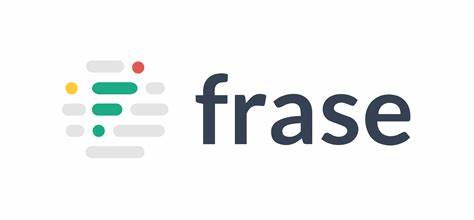

DYNO Mapper: This tool excels in content strategy and planning. Use it to conduct content audits, track keywords daily, and ensure every piece on your website serves a specific purpose.
ClickFlow: Elevate your SEO game with ClickFlow. This tool facilitates competitor analysis, allows you to run split tests for content optimization, and helps craft title tags and meta descriptions aligned with Google’s ranking factors.


Blaze: Designed for small teams, Blaze simplifies content creation and organization. It assists with writing, scheduling, campaign planning, and overall project management.
By leveraging these content analysis tools, you can gain valuable insights that will empower you to craft high-performing content that attracts, engages, and converts your target audience.



